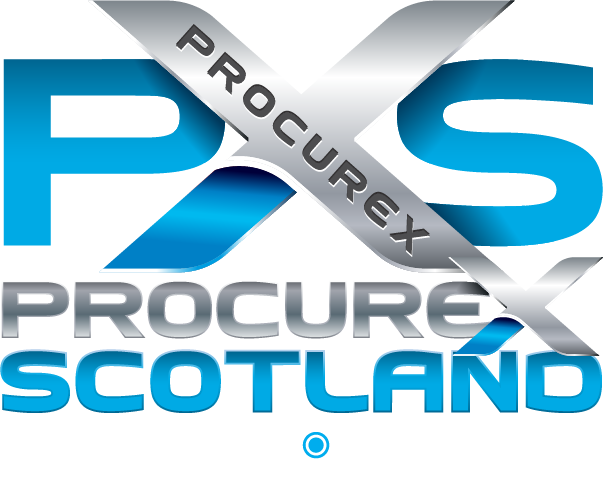Public procurement frameworks are key to modernising the public sector procurement landscape. These frameworks facilitate the procurement of goods, services and works by establishing a framework where contracting authorities can deal with pre-approved suppliers based on pre-agreed terms. This eliminates the need for repeated tendering and increases the efficiency and transparency of public procurement. In this article, we explain why procurement frameworks are set up, the benefits of using them for both buyers and suppliers, the challenges that may come up and how to overcome them, and we discuss practical solutions to make the procurement process smooth and effective.
What Are Public Procurement Frameworks?
Public procurement frameworks are agreements between a contracting authority and a number of pre-approved suppliers who have been selected based on particular conditions. These frameworks simplify and accelerate the procurement process for public sector organisations, helping them comply with public procurement regulations while encouraging fairness and transparency. Once in place, frameworks enable public sector buyers to place orders or ‘call off’ contracts with little effort, without needing individual tendering for each purchase.
These frameworks are designed to streamline the way public sector organisations procure services in a transparent, fair way and provide value for money. Local government, education, and health care are common sectors where suppliers are awarded contracts based on their ability to meet specified requirements set out in the framework.
Benefits for Public Sector Buyers
The main advantage of public procurement frameworks is their efficiency. Frameworks avoid the administrative hassle of tendering repeatedly. Public sector buyers can benefit from the ability to quickly purchase goods and services from pre-approved suppliers at competitive prices.
In addition, frameworks adhere to the legal requirements set out in secondary legislation and the Procurement Act 2023, which means they comply with regulations on procurement and public contracts. Public sector buyers use frameworks to reduce costs and procurement time and to ensure a consistent and transparent approach to procurement.
Benefits for Suppliers
Entering a public procurement framework is beneficial for suppliers. The most obvious benefit is that suppliers are already pre-approved upon joining a framework agreement, so suppliers can submit bids without going through the lengthy selection process every time. This reduces the administrative burden for suppliers, allowing more efficient access to procurement opportunities in the public sector.
Additionally, frameworks offer suppliers a constant stream of business opportunities, enabling them to bid for several contracts over an extended period. Frameworks can be particularly beneficial for small and medium-sized enterprises, which can access potentially lucrative public sector contracts that would otherwise be difficult to win through the highly competitive tendering process.
Best Practices for Public Sector Buyers
Public sector buyers should consider a few best practices when establishing and maintaining framework agreements. From choosing the proper framework to complying with regulations, these best practices ensure the frameworks are appropriate and compliant and can help enhance supplier relationships.
Choosing the Appropriate Framework
Public sector buyers need to carefully choose which framework agreements to use for the goods and services they need. Agreement scope, supplier options, and purchase volume differ from framework to framework. Buyers must select a framework that aligns with their procurement objectives and anticipated needs.
Buyers should also consider the legal framework governing procurement processes and ensure they comply with national and international obligations, including free and open competition. The National Procurement Policy Statement can help buyers select frameworks that emphasise social value, environmental sustainability, and the development of local economies.
Staying Compliant with Procurement Regulations
Complying with the Procurement Act 2023 and other procurement regulations is essential to guarantee fairness and transparency in the procurement process. Public sector buyers should carefully manage framework agreements to ensure that they comply with the legal requirements in public procurement policy, including the principles of non-discrimination, transparency, and equality.
Effective Supplier Relationship Management
Effective supplier relationship management is essential for realising the full benefits of framework agreements. Buyers should monitor supplier performance closely, deal with problems as they occur, and ensure service levels are up to scratch. Communication with suppliers is necessary to set performance standards such as delivery timelines, quality requirements, and customer service.
Public sector buyers can maintain open and constructive communication, which helps to strengthen relationships and ensure that framework agreements continue to evolve to meet their changing needs.
Best Practices for Suppliers
There are also best practices for suppliers. Meeting eligibility requirements and knowing the terms of the frameworks are vital to ensure that suppliers can successfully continue to provide goods and services to buyers.
Meeting Eligibility Requirements
Entering a public procurement framework is an exciting opportunity for suppliers. However, suppliers must meet the eligibility criteria set out by contracting authorities to gain entry. This generally entails proving that they have the technical, financial and service delivery capabilities to meet the requirements of the framework agreement.
Social enterprises, small businesses, and medium-sized enterprises should review eligibility criteria carefully and be prepared to submit supporting documentation, including financial records, past performance, and proof of compliance with public procurement regulations.
Understanding Framework Terms and Conditions
Once suppliers are accepted into a framework, they must be fully aware of the contracting authority’s terms and conditions. These may be core requirements such as pricing models, payment structures, and delivery expectations. Suppliers should demonstrate that they can fulfil these conditions throughout the entire duration of the framework.
Strategies for Excelling Within the Framework
In a competitive framework agreement, suppliers need to provide exceptional value. This means delivering high-quality service and innovative solutions and committing to social value and sustainability. Suppliers can differentiate themselves by consistently meeting performance indicators, having flexibility, and offering competitive pricing.
Winning contracts under the framework can also be increased by proactively engaging with public sector buyers to build relationships and keep abreast of upcoming opportunities.
Overcoming Common Challenges in Public Procurement Frameworks
Limited flexibility and the need to maintain transparency are some challenges with public procurement frameworks. Understanding these challenges is the best way to overcome them.
Limited Flexibility
One common challenge public procurement frameworks face is that terms and conditions are sometimes too rigid. Issues can arise if the buyer’s procurement needs are not in line with the framework’s structure. This challenge is mitigated by designing frameworks with built-in flexibility to accommodate necessary changes or scope changes. Buyers and suppliers can work together to explore how the solutions already in place can be adapted within the framework to meet evolving requirements.
Fairness and Transparency
The selection process must be both fair and transparent. Instead of merely evaluating suppliers on cost, they should be assessed on their qualifications and capabilities. As such, frameworks should be designed with this in mind and should include clear and objective criteria for assessment. Factors such as social value and compliance with the procurement laws should be among these criteria.
Clear and accurate documentation that shows compliance with procurement regulations can help suppliers ensure transparency.
Managing Contract Variations and Performance
It can be challenging to manage performance expectations and contract revisions, particularly in long-term framework agreements. As market conditions change, the terms may need to be modified. This can be prevented by ensuring that suppliers and purchasers communicate clearly and efficiently, allowing any changes to be addressed quickly and in conformity with procurement regulations.
Effectively Navigating Procurement Frameworks
Public procurement frameworks offer a number of benefits to both the buyers and suppliers, making the procurement process easier, more transparent and cost-effective. Public sector buyers use frameworks to procure goods and services legally and efficiently. Frameworks are a great opportunity for suppliers to have a steady stream of public sector contracts with less administrative burden. Following best practices will allow buyers and suppliers to understand the intricacies of the public procurement process and work together more efficiently to deliver greater value for all involved.

